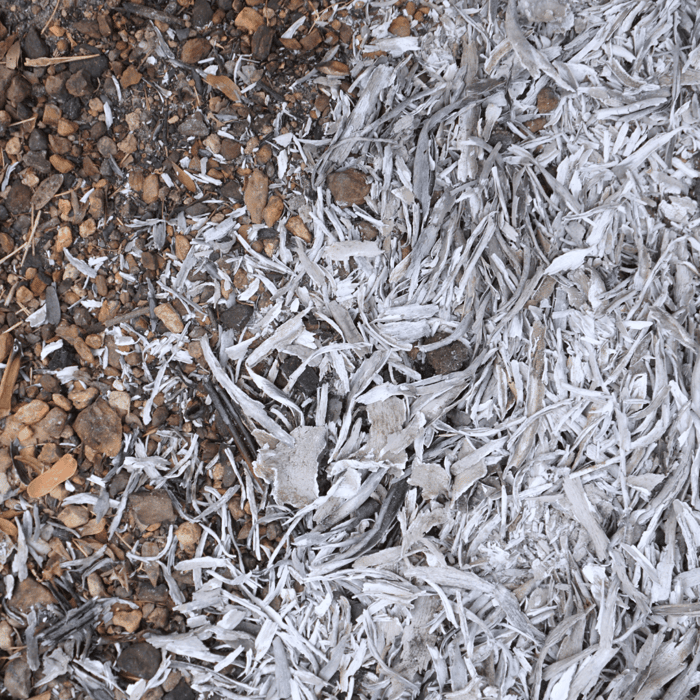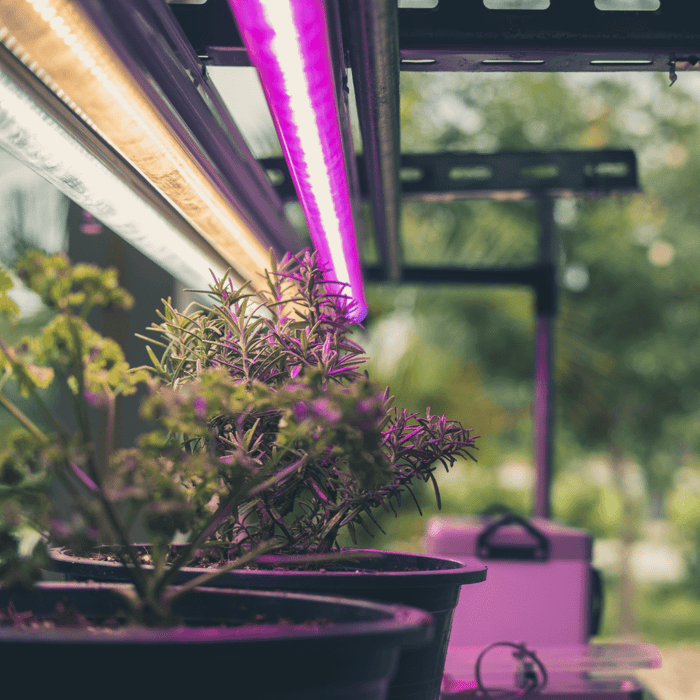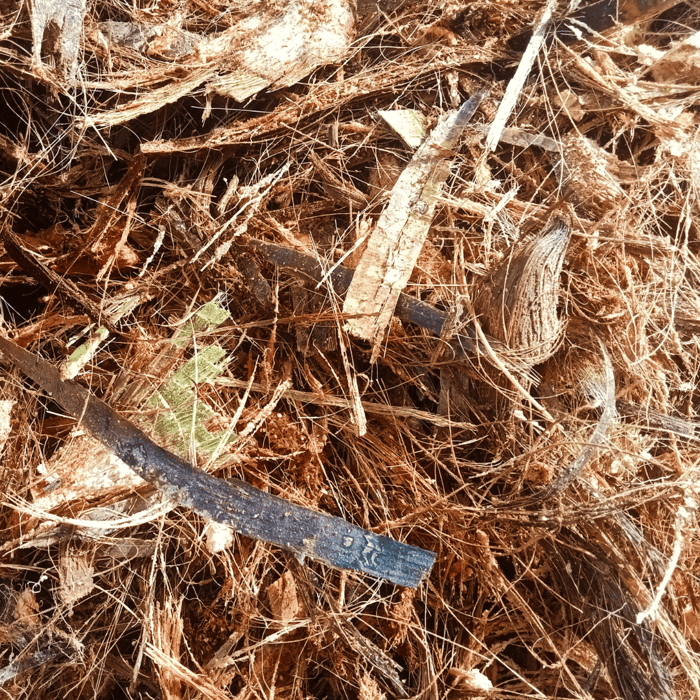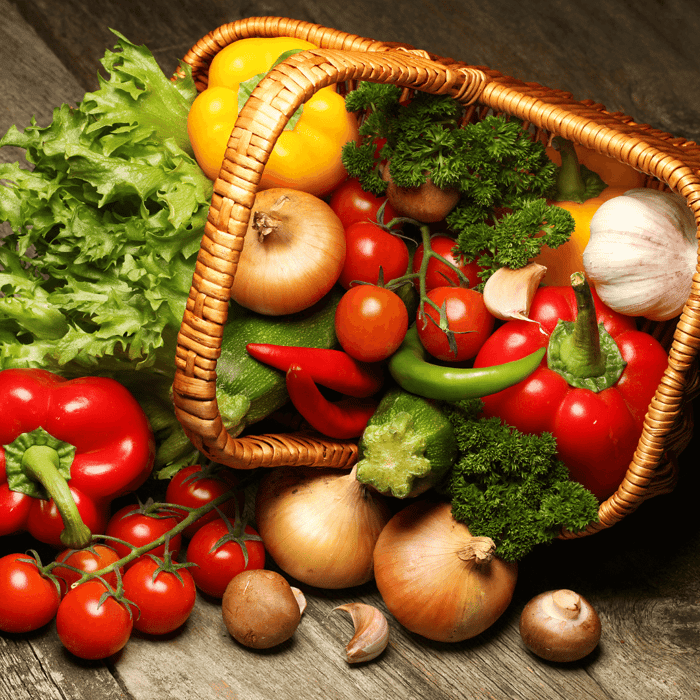As a seasoned gardener, I always look for natural and cost-effective ways to improve my vegetable garden. Recently, I have been exploring the benefits of using wood ash as a soil amendment and wondering if are ashes good for vegetable gardens. After conducting some research and experimenting with it myself, I have found that ash can be a valuable addition to any vegetable garden. In this article, I will discuss the benefits of using wood ash in your garden, how to apply it, and some important considerations you should keep in mind.
Benefits of Wood Ash in the Vegetable Garden
Wood ash is a good source of several essential nutrients that plants need to grow and thrive. Here are some benefits of using wood ash in your vegetable garden:
Provides Nutrients
Wood ash contains high levels of calcium, potassium, and magnesium, which are important for plant growth. Calcium helps to build strong cell walls, which improves a plant's ability to resist disease and pests. Potassium is essential for fruit development and overall plant health, while magnesium is necessary for chlorophyll production.
Increases Soil pH
Wood ash can increase the pH levels of acidic soil, making it more alkaline. Most vegetables prefer a slightly acidic soil pH, ranging from 6.0 to 7.0. However, if your soil is too acidic, adding wood ash can help to balance the pH levels.
Improves Soil Texture
Wood ash can also help to improve the texture of heavy clay soil. The ash particles are small and can help to loosen up the soil, making it easier for roots to penetrate and access water and nutrients.
Popular Herb Seeds for Planting | 35 Variety Pack

$29.95
$49.95
Heirloom, non-GMO herb seeds for indoor and outdoor home gardens! Introducing our 35 Herb Seeds Variety Pack, the ultimate selection for any herb garden enthusiast! This premium assortment includes heirloom herb seeds that are non-hybrid, open-pollinated, and non-GMO, ensuring you get only… read more
Deters Pests
Wood ash can be an effective deterrent against slugs, snails, and other pests. The ash's abrasive texture can damage the pests' soft bodies, making it difficult for them to move around and causing them to dehydrate.
How to Apply Wood Ash in the Vegetable Garden
Now that you know the benefits of using wood ash, let's discuss how to apply it properly to your vegetable garden.
Determine the Amount of Ash You Need
Before you start, you need to determine the amount of ash you need for your garden. The general rule of thumb is to use no more than 10-15 pounds of ash per 1,000 square feet of garden space. You should also avoid applying ash to areas with acid-loving plants such as blueberries, azaleas, and rhododendrons.
Test Your Soil pH
Before applying wood ash, it is essential to test your soil's pH levels. You can purchase a soil testing kit at your local garden center or have your soil tested by a professional. Ideally, your soil's pH levels should be between 6.0 and 7.0.
Apply Wood Ash in the Spring
The best time to apply wood ash is in the spring before planting. Spread the ash evenly over the soil's surface and then rake it in lightly. Be sure to wear gloves and a dust mask when applying the ash, as it can be caustic to your skin and lungs.
Add Ash to Your Compost Pile
You can also add wood ash to your compost pile to increase its pH levels and provide essential nutrients to your compost. However, you should not add too much ash to your compost pile, as it can raise the pH levels too high and kill beneficial microbes.
Important Considerations When Using Wood Ash in the Vegetable Garden
While wood ash is a good soil amendment, there are some important considerations you should keep in mind when using it in your vegetable garden.
Use Ash from Wood-Burning Stoves
Only use ash from wood-burning stoves or fireplaces, as other types of ash may contain harmful chemicals that can be detrimental to your soil and plants.
Don't Use Ash from Pressure-Treated Wood
Do not use ash from pressure-treated wood, as it contains chemicals that can be harmful to your soil and plants.
Vegetable Seed Vault Kit | 35 Variety Pack

$29.95
$49.95
Ultimate Survival Seed Vault: 16,000+ Non-GMO Heirloom Vegetable Seeds for Emergency Preparedness Introducing the Seed Vault Kit, your all-in-one solution for emergency preparedness and sustainable gardening. This premium seed kit contains over 16,000 non-GMO, Heirloom, Non-Hybrid, and Open Pollinated seeds,… read more
Store Ash Properly
Store your wood ash in a metal container with a lid, away from moisture and flammable materials. This will prevent the ash from becoming damp and reduce the risk of fire.
Avoid Over-Application
Do not apply too much wood ash to your garden, as this can raise the pH levels too high and damage your soil and plants. Use no more than 10-15 pounds of ash per 1,000 square feet of garden space.
Always Test Your Soil
Before adding wood ash to your garden, it is important to test your soil's pH levels. This will ensure that you are not adding too much ash and causing imbalances in your soil's pH levels.
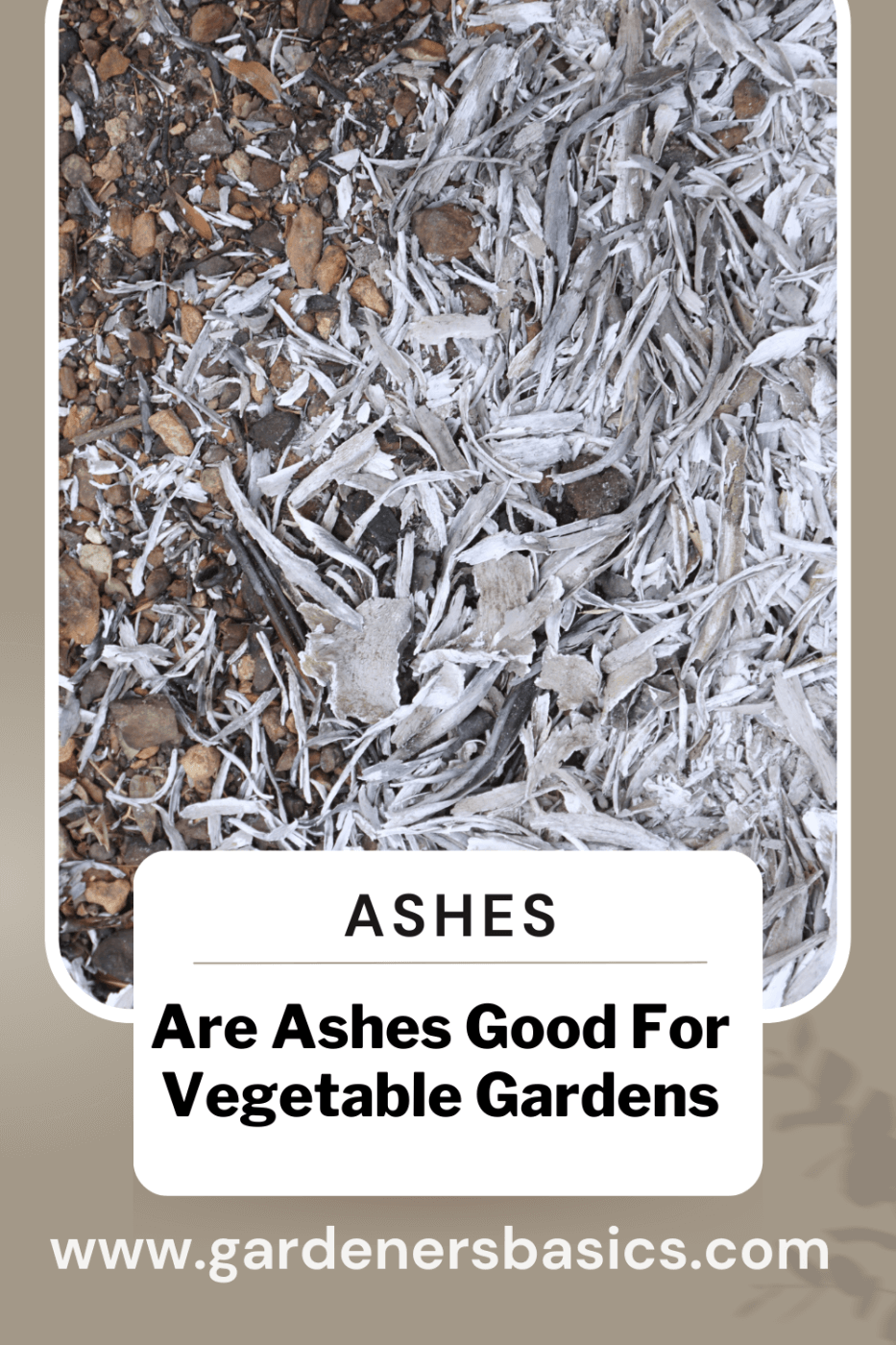
Conclusion
In conclusion, using wood ash as a soil amendment in your vegetable garden can be a good idea if done correctly. It provides essential nutrients, increases soil pH levels, improves soil texture, and deters pests. However, it is important to use ash from wood-burning stoves or fireplaces, store it properly, avoid over-application, and always test your soil's pH levels before adding ash. By following these guidelines, you can use wood ash to enhance the health and productivity of your vegetable garden.



